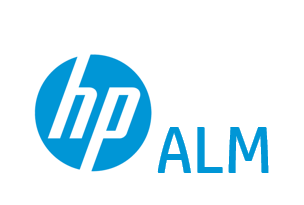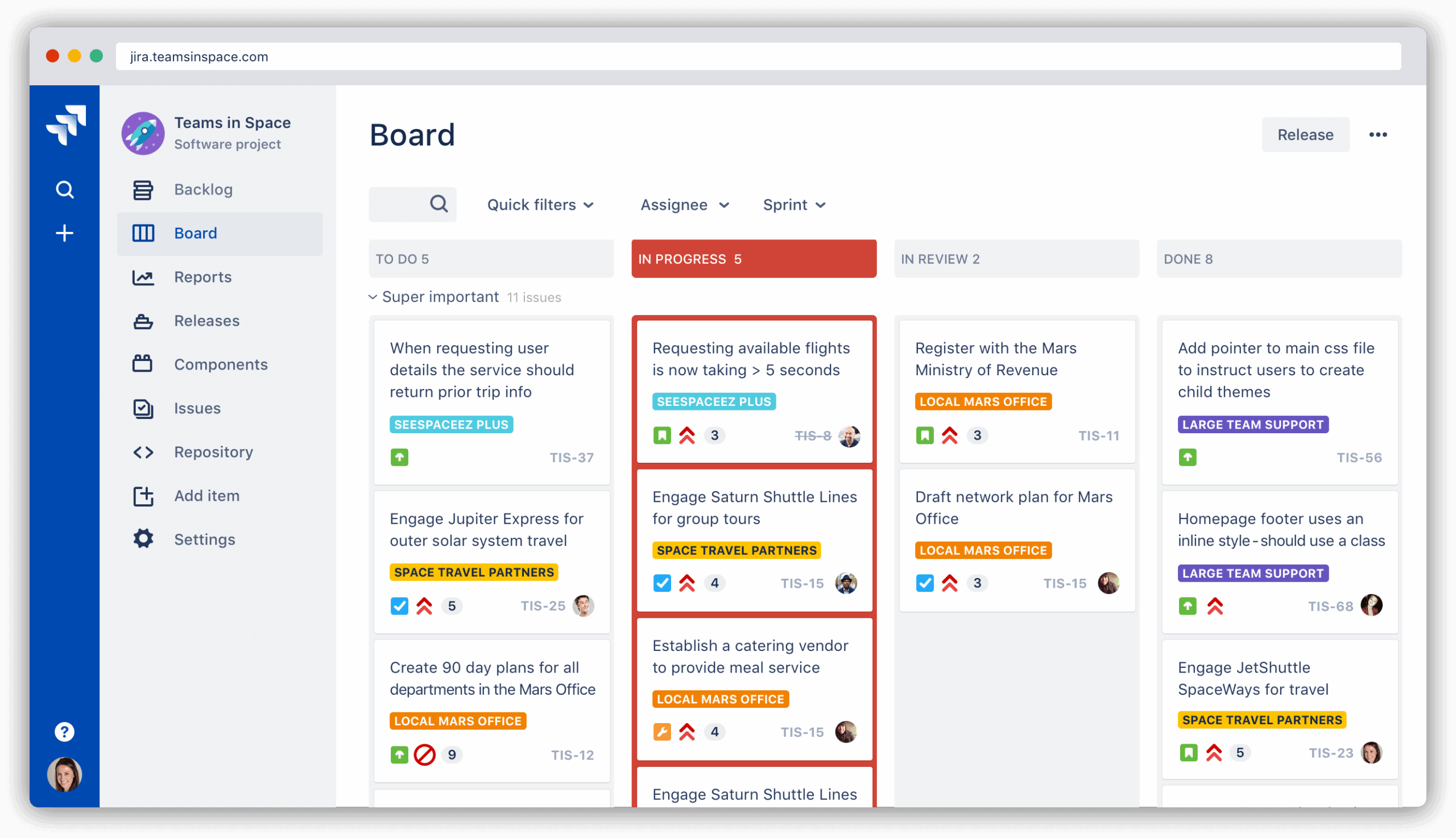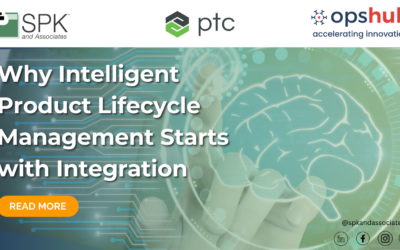For years, HP Application Lifecycle Management (formerly known as Quality Center) was a go-to solution for requirements, testing, and defect management. However, with product transitions and support timelines expiring, many organizations are reevaluating their reliance on HP ALM. The growing need for agile, modern development practices has led to teams increasingly choosing Jira. Jira is a more flexible, scalable, and cost-effective alternative. In this blog, we will explore why HP ALM is reaching its end of life, why Jira has become the preferred option, and how integration and migration tools can help organizations make the switch seamlessly.


HP ALM End-of-Life
HP ALM is a web-based platform designed to manage the entire product lifecycle. It offered extensive reporting, defect tracking, and integrations with legacy tools like UFT and LoadRunner. However, the product has undergone major ownership changes: originally developed by Hewlett-Packard, it was acquired by Micro Focus, and is now part of the OpenText portfolio. With each shift, long-term commitment has diminished.
- ALM/QC 12.60 reached the end of committed support on August 31, 2022.
- ALM Classic 17.0.1 will be supported only until November 30, 2025.
In practice, this means organizations risk losing critical support, updates, and compliance assurances, compelling them to evaluate modern alternatives.
Why Teams are Replacing HP ALM with Jira
Jira Software was built with agility and scalability at its core. It’s not just an issue tracker; it’s a flexible workflow engine that adapts to how your team works.
Here are some key reasons teams are moving from HP ALM to Jira:
- Agile-first functionality – Out-of-the-box support for Scrum and Kanban makes it easy to scale agile practices.
- Workflow flexibility – Jira adapts to your processes, not the other way around.
- Powerful reporting & dashboards – Use JQL (Jira Query Language) and dashboards for deep visibility into project health.
- Marketplace ecosystem – 950+ add-ons and integrations extend Jira’s capabilities, including test management add-ons like Zephyr and Xray.
- Developer integration – Seamless connections with Git, CI/CD pipelines, and modern DevOps toolchains.
In short, Jira supports modern Agile & DevOps practices while reducing the dependency on outdated, monolithic systems.
Migrating from HP ALM to Jira with Integration Tools
Migrating from a legacy tool like HP ALM to Jira isn’t always straightforward. Organizations often need to migrate requirements, test cases, execution results, defects, attachments, and links. This is where integration platforms make the transition manageable. For example, Exalate supported HP ALM for years, but with declining usage, it has halted support. It is important to use the tools provided for you before they are similarly halted.
OpsHub Helps Migrations
OpsHub Integration Manager (OIM) provides real-time, bi-directional synchronization between HP ALM and Jira. This is particularly useful for enterprises in transition. Users can keep requirements, test cases, and defects aligned across both systems and link Jira stories and bugs directly to ALM test cases for better traceability. OpsHub also allows users to automate repetitive tasks and trigger test runs or defect creation automatically from Jira. Overall, the tool helps maintain a clear audit trail across tools during migration. OpsHub enables teams to gradually shift from HP ALM to Jira while ensuring no data or workflow context is lost.

How SPK Helps with ALM-to-Jira Migrations
At SPK and Associates, we specialize in helping enterprises modernize their toolchains and embrace platforms like Jira for long-term success. Migrating from HP ALM isn’t just about moving data, it’s about ensuring traceability, compliance, and minimal disruption.
Here’s how we help:
- Strategic migration planning – We assess your current ALM environment, identify dependencies, and create a roadmap that ensures a smooth transition.
- Automated migration tools – SPK leverages proven automation to migrate requirements, test cases, execution results, and defects. This is guaranteed to preserve relationships and attachments.
- Integration support – For teams running hybrid environments, we implement integrations (e.g., OpsHub) so QA and development teams remain in sync during migration.
- Customization and workflows – We configure Jira to replicate or enhance the processes you relied on in HP ALM, ensuring your team doesn’t lose productivity.
- Compliance assurance – With deep expertise in regulated industries (medical device, automotive, aerospace, finance), we ensure audit trails, traceability, and reporting remain intact.
The result? A future-proofed DevOps environment that’s faster, more flexible, and aligned with your enterprise’s growth strategy.
Ready to Replace HP ALM with Jira?
HP ALM served its purpose in a different era of software development. However, with end-of-life deadlines approaching, organizations are increasingly moving to Jira, a platform that supports agile practices, integrates with modern DevOps pipelines, and provides unmatched flexibility. By leveraging tools like OpsHub, and with migration support from SPK, enterprises can seamlessly transition without losing critical data, workflows, or compliance confidence. If you are ready to modernize, contact us today.








